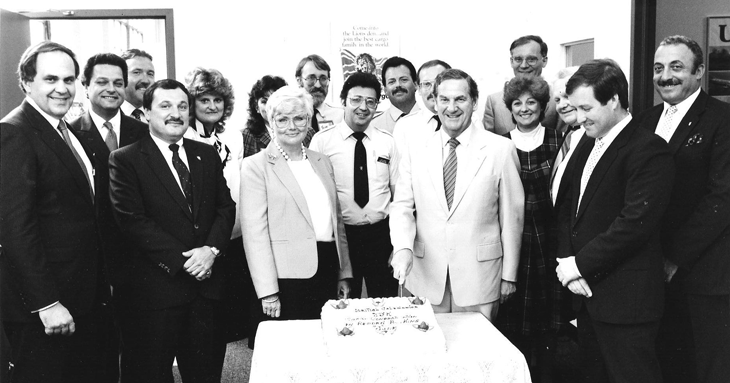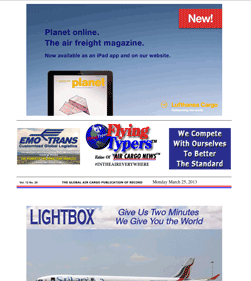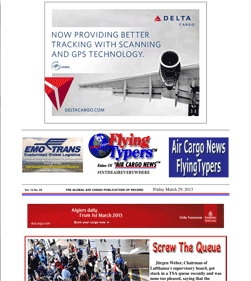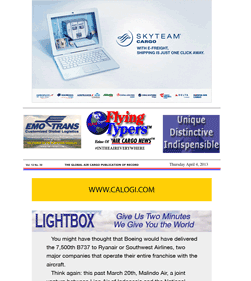 |
 |
|
| |
||
|
Vol. 11 No. 31 #INTHEAIREVERYWHERE Friday April 5, 2013 |
 |
|
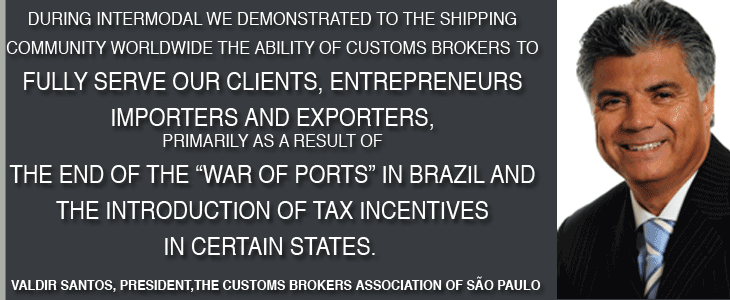 |

It
may be a small thing, but this
edition of Intermodal included
an opportunity for delegates
to “go green,” ditching
the taxis and rental cars via
a “Green Exhibitor Program”
initiated by show organizer
UBM.
“We
encouraged exhibitors to use
public transportation in moving
private employees and guests,”
said the manager of Intermodal,
Michael Fine.
"It's
a way to reduce emission of
carbon monoxide expelled by
cars, especially in the city
of São Paulo, which suffers
from pollution," he added.
Some
of the companies that joined
the Green Exhibitor Program
included Deugro, CMA CGM, Maersk,
Hamburg Sud, APL, Dachser, and
Port of Santos.

 One
product amidst an almost endless
stream of small to medium companies
at the event was a Brazilian
offshoot of an Israel-based
outfit specializing in OCR (Optical
Character Recognition) technologies
for trucks that carry containers
to and from ports.
One
product amidst an almost endless
stream of small to medium companies
at the event was a Brazilian
offshoot of an Israel-based
outfit specializing in OCR (Optical
Character Recognition) technologies
for trucks that carry containers
to and from ports.
Much
griping about the long lines
at the Brazilian ports and delays
in the receipt of cargo could
be a thing of the past, or greatly
diminished in any case, says
HT Systems Brazil, which specializes
in OCR technology.
“Our
system can recognize what is
aboard a truck, including the
container number, and then transmit
the information.
“This
simple solution speeds access
for vehicles and loads while
also offering images and videos
for damage inspection and are
utilized around the world in
Lisbon (Portugal), Buenos Aires
(Argentina), Rotterdam (Netherlands)
and Algeciras (Spain),”
said Benjie Wells, VP Cargo
Systems, HTS America.
www.ergostecnologia.com.br
Geoffrey
|
 |
|
|
“An
excellent worthwhile event,”
said Ram Menen, Emirates SkyCargo
DSVP, of Intermodal 2013, as
it offered more floor space
than ever, and participation
was excellent as always. |
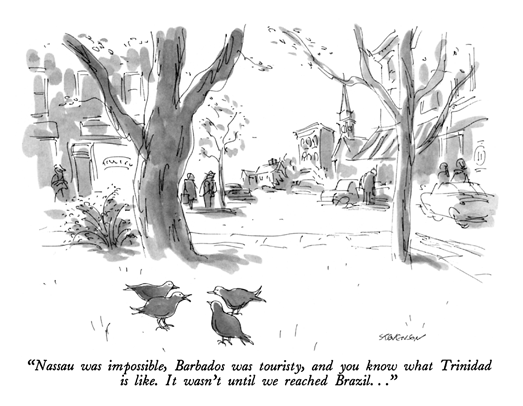 |
Get
On Board Air Cargo News
FlyingTypers |
|
|
After
British Airways took over BCAL
in 1988, Phil remembers “without
a green card, I was shipped
back to the UK, where I worked
the ramp at Gatwick starting
over again in the airline business
from square one.”
“In
1990 l went to Ogden as part
of senior management team for
2 years, and later was asked
by David Coltman to join United
Airlines at LHR. David is a
great man.”
Determined
to stay in the business, Phil
Bowell worked to open Cathay
Kansai Terminal Services at
the new Kansai Intl Airport
in Osaka, Japan.
“CKTS
was a JV owned by Cathay Pacific,
Northwest Airlines, and a Japanese
company called KAB,” Phil
recalls.
Then
Phil joined Menzies Transport
Services as Business Development
Director.
“I
had a great time—we bought
Ogden during that time and became
a truly global player.
“I
flew to Korea to open the new
Incheon Airport and then to
Hong Kong to run the operation
there. Based at HKIA, we did
project work in Philippines
and Malaysia.
“In
2006, I joined Swissport International
as COO and went to Japan to
open their new JV there. I opened
Nagoya operations and commenced
development of Narita operations,
as well as growing Kansai operations.
“In
2008, I was asked to take over
as CEO of Bahrain Airport Services,
the handler at Bahrain International
Airport.
“In
November 2011, I retired back
to the UK and started PJB Aviation
Services, which is keeping me
active.
“In
my spare time I am a councilor
on the Parish Council in Steyning
West Sussex, where I live and
have taken up campanology (bell
ringing).”
Phil
is still married to Pauline;
the couple have two sons and
three grandsons.
Phil
is remarkably understated about
the MBE, but he was selected
as the former chief executive
of Bahrain Airport Services
and received an MBE for services
to the British industry and
the community in Bahrain.
It’s
no small potatoes, in our opinion,
and it’s not a surprise.
And
the above picture that brought
all of this on?
I
remember so well when it was
taken. It was early one morning
in New York’s Time Square.
All the ladies of the night
and the honky-tonk drug dealers
were scurrying from the daylight,
and the insomniac juke joints
that make up the after dark
scene were pushing their regulars
onto the waking streets. Like
vampires, they shuttered at
first light, rested through
the day, and opened again at
night.
We
laughed out loud at these guys
with their kilts and bright
faces, thinking that they probably
never left that area in one
piece.
We
learned right away that BCAL
was a special group of folks,
so special, in fact, that I
still get goose bumps recalling
their determination to get the
business and goodness forwarded
toward the JFK air cargo community
with guys like Phil Bowell,
the late Joe Sanchez and Jim
Erickson (who is still around
JFK yet today), and many others.
BCAL
made us all feel we were special,
and that is something to celebrate
forever.
Good
for you, Phil Bowell, and lovely
to see that you are still ringing
a bell in the air cargo community.
philip.bowell@btinternet.com
Geoffrey
If
You Missed Any Of The Previous
3 Issues Of FlyingTypers |
|||||
|
|||||
FT032513 |
FT040413 |
||||
|---|---|---|---|---|---|

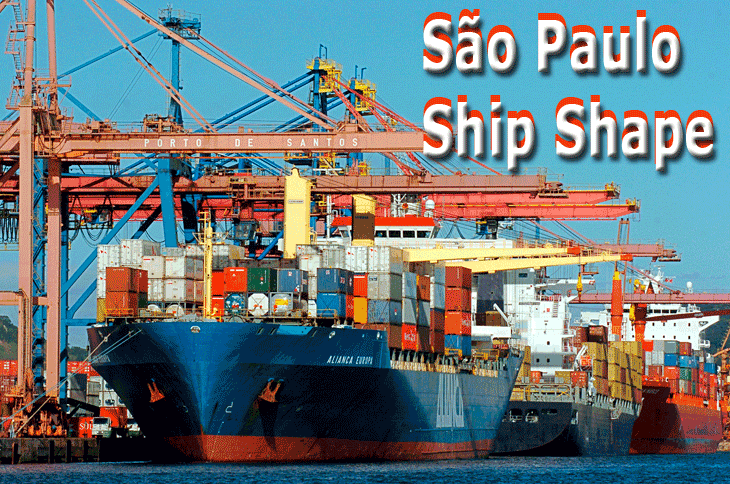
 Brazilian
sea cargo and changes brought
by Provisional Measure 595,
a new regulatory framework for
the sector, were talked up big
at Intermodal South America
2013 this week at Transamerica
Center, in São Paulo,
Brazil.
Brazilian
sea cargo and changes brought
by Provisional Measure 595,
a new regulatory framework for
the sector, were talked up big
at Intermodal South America
2013 this week at Transamerica
Center, in São Paulo,
Brazil.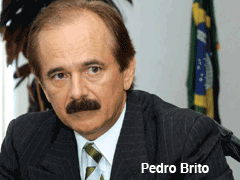
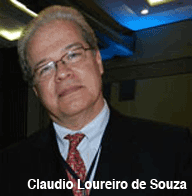 “With
a clear regulatory framework,
the investor has baseline rules,
and from that confidence can
develop," said Pedro Brito,
Director Brazil’s National
Agency for Waterway Transportation.
“With
a clear regulatory framework,
the investor has baseline rules,
and from that confidence can
develop," said Pedro Brito,
Director Brazil’s National
Agency for Waterway Transportation.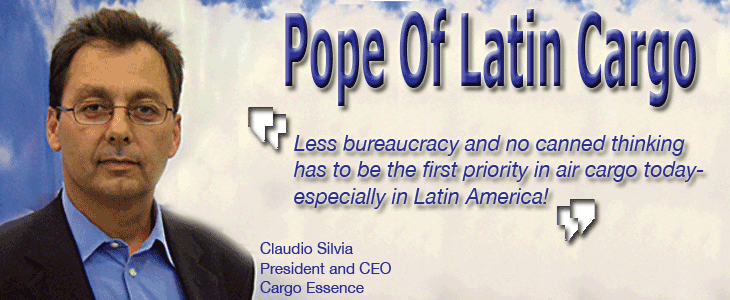
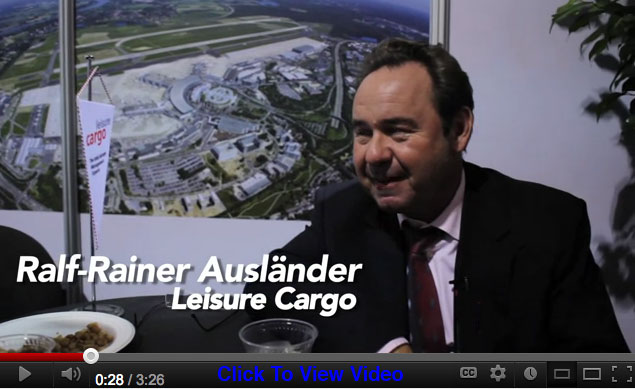
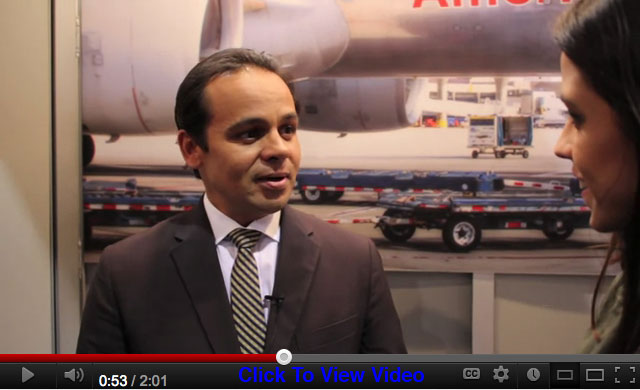
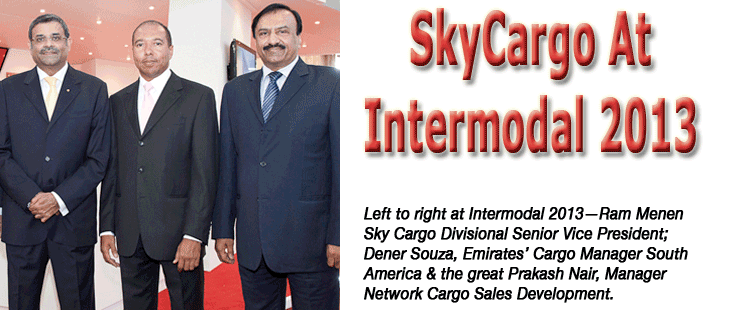
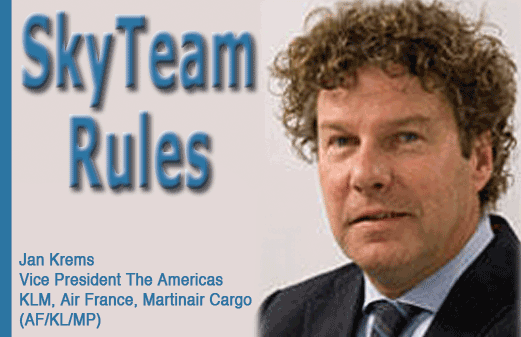

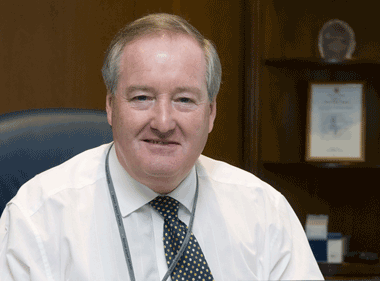 have
never told anyone this, but
as writing is my job, every
story must be told eventually.
have
never told anyone this, but
as writing is my job, every
story must be told eventually.
